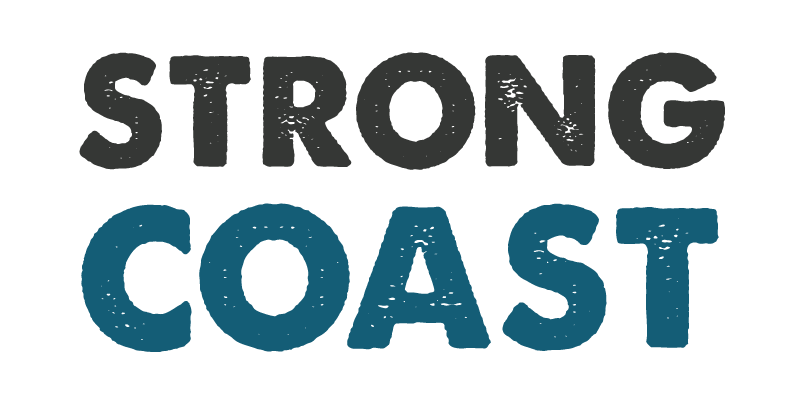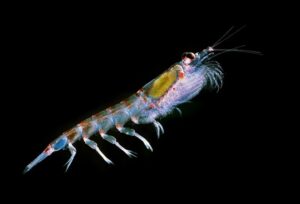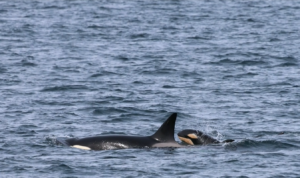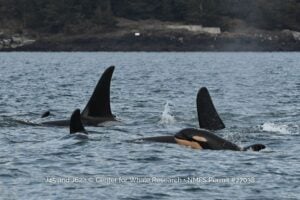
Indigenous leaders from Haida Gwaii to the Broughton Archipelago are highlighting the significance of coastal development and job creation in the protection of BC’s coast.
The integration of coastal development and environmental stewardship is a key theme in the marine planning process transforming British Columbia’s central coast. This approach emphasizes the balance between resource protection and sustainable economic growth and is an important move away from the maximum sustainable yield approach that has led to coastal resource mismanagement in British Columbia.
Community-centred planning has been a driving force in these efforts. Indigenous leaders have taken the lead in shaping these processes, building plans from communities outward. Their approach has been focused on accountability to each other and fostering greater involvement from non-Indigenous residents on the coast, enhancing their ability to engage in decision-making.

Coastal Development Must Be a Key Part of Sustainability Efforts
Dallas Smith, a Tlowitsis Nation leader with extensive experience in coastal development and planning, highlighted the importance of this integrated approach: Protection of resources and coastlines is vital, but sustainable development and the economy must hold equal weight in this model. The importance of cultural identity and human well-being is also a crucial aspect of this process.
These sustainability efforts on BC’s coast, especially through the implementation of marine protected areas, are not just about safeguarding animals and landscapes, but also about ensuring the long-term viability of the coastal economy through the implementation of sustainable practices. The focus on economic development and job creation is seen as key to making conservation goals a reality – without thriving marine ecosystems, there will be no healthy coastal communities. The focus has to be on ensuring that our coastal waters once again become the economic engine that they used to be.

This is why Indigenous leaders have increasingly taken the lead in these planning processes, as their knowledge and experience will be key to ensuring that community-driven approaches with an emphasis on long-term sustainability and economic growth can be implemented. By getting coastal communities to work together, we can enhance local involvement in the decision-making process for resource management.
Kyle Clifton, environmental coordinator at the Gitga’at First Nation, pointed out that if traditional management practices had been maintained all these years, they could have prevented the decline of resources like the abalone fishery.

Communities are also hoping to see significant job creation in adjacent fields with the advent of this new initiative. Through targeted investments and training programs, community members can benefit from these high-skilled, quality jobs. This model of coastal development, emphasizing sustainable resource management, not only protects the environment – it also strengthens coastal communities and economies.
Check out this excellent interview with Tlowitsis Nation leader Dallas Smith, who explains how conservation and sustainability can create jobs and economic opportunities on our coast.




